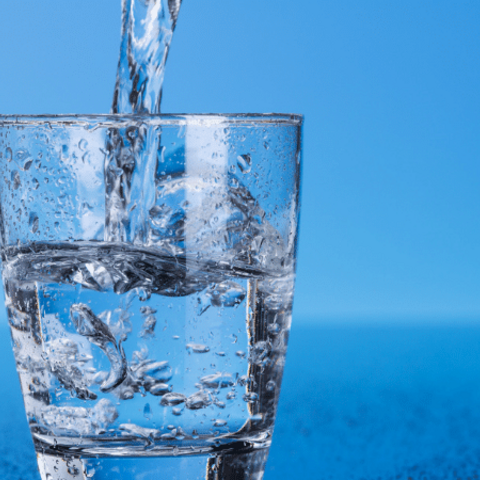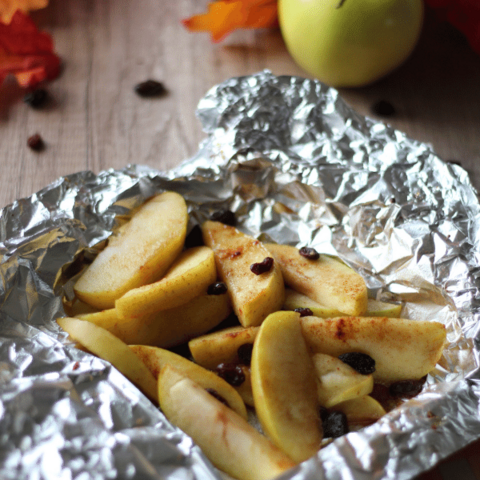
With increased temperatures and interest to get outside, it is important to stay hydrated and monitor water consumption. Check out these tips for staying hydrated during the summer.
Benefits of Water
Did you know that water is an essential nutrient? Without water, we cannot survive. It is crucial for life since our body is made of about 60% of water. It is important for your health to get enough water every day. Why is water so important? Water helps with the following major body functions:
- Keep a normal temperature
- Lubricate and cushion joints
- Protect spinal cord and other sensitive tissues
- Supplies nutrients to cells
- Get rid of wastes through urination, perspiration, and bowel movements
How Much Water Do You Need?
Although most of us have heard that we need to drink eight cups of water a day, there is not a specific daily recommendation for water intake. Water intake varies by individuals based on age, sex, activity level, where they live, pregnancy and breastfeeding status.
Drinking water and other beverages such as juice, carbonated drinks, coffee, and milk will meet most of your fluid needs. But what about caffeinated drinks? Don't they cause dehydration? The research is inconsistent if caffeinated beverages cause a diuretic effect that may lead to dehydration according to the National Academy of Medicine. Caffeine does increase urinary output in the short-term period, but it is uncertain if higher doses of caffeine lead to a total body water deficit. Therefore coffee, tea, and soda count towards total water intake. Do not forget that we get about 20% of our total water intake from water-rich foods such as fruits and vegetables.
The National Academy of Medicine set an adequate intake for total water for all life stage groups that is based on the median total water intake from U.S. survey data. It is recommended to consume about 13 cups for men and 9 cups for women of drinking water and/or other beverages. However, normal hydration can be maintained over a wide range of water intakes.
Fluid needs are increased when you are in hot climates, more physically active, running a fever, or having diarrhea or vomiting. Check with your doctor to discuss what is the right amount of water to meet your personal needs.
Signs of Dehydration
Losing more water than you take in can cause dehydration, heat exhaustion or heat stroke. Getting enough water can prevent dehydration. Dehydration is a condition that can cause unclear thinking, mood change, the body to overheat, constipation, and kidney stones. The elderly may be at increased risk for dehydration due to a decline in thirst and regulation of fluid intake with aging.
Dehydration symptoms for adults include:
- Feeling very thirsty
- Dry mouth
- Urinating and sweating less than usual
- Dark-colored urine
- Dry skin
- Feeling tired
- Dizziness
Dehydration can be life-threatening. If you experience confusion, fainting, lack of urination, rapid heartbeat, rapid breathing, or shock, you need to get medical help right away.
Tips for Drinking More Water
- Carry a reusable water bottle and refill it throughout the day
- Choose water over sugary drinks to help reduce calories and manage body weight
- Add lemon, lime, or splash of 100% fruit juice to water for a different flavor
- Use a straw
- Add ice cubes
- Serve water during meals
- Order water when eating out
- Offer children and older adults water to drink throughout the day
If you are going to be outside in the heat, the CDC recommends the following hydration tips to reduce heat stress.
- If in the heat less than 2 hours and involved in moderate work activities, drink 1 cup (8 ounces) of water every 15–20 minutes.
- During prolonged sweating lasting several hours, drink sports drinks containing balanced electrolytes.
- Avoid alcohol and drinks with high caffeine or sugar.
- Generally, fluid intake should not exceed 6 cups per hour.
Sources:
About Water and Healthier Drinks, Centers for Disease Control and Prevention
Get the Facts: Data and Research on Water Consumption, Centers for Disease Control and Prevention
Dehydration, MedlinePlus
Water, The National Academy of Medicine







